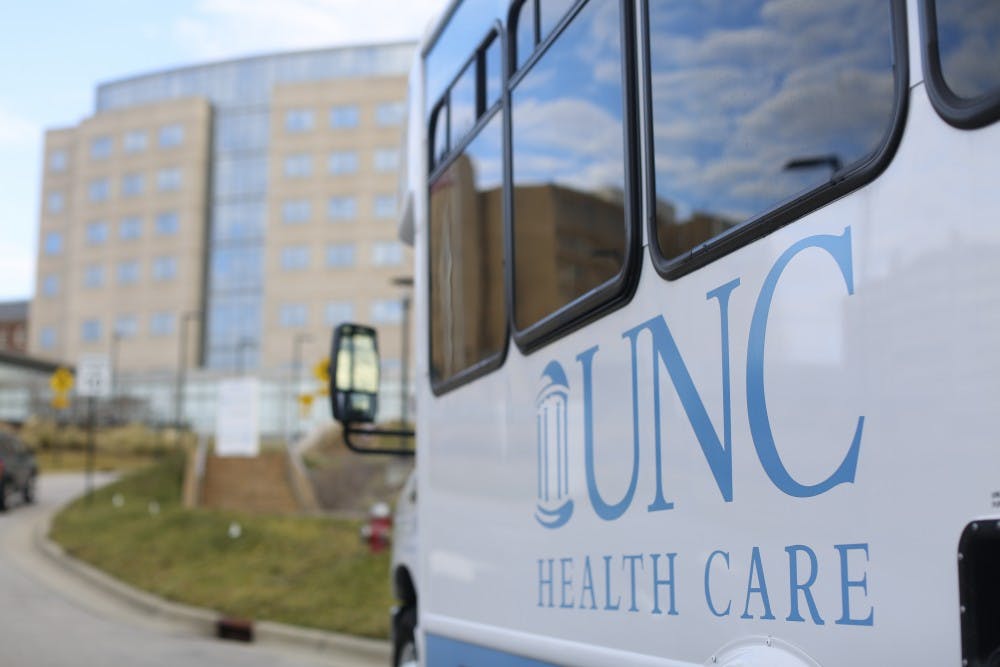“In Orange County, we’re very fortunate to have a strong hospital presence and easy access to health care, but we still have a lot of people who are working and are uninsured,” he said.
About 10 percent of Orange County residents are currently uninsured, according to the latest U.S. Census data from 2015.
Meyer said expansion would have a large and beneficial financial effect on UNC health care services, and would especially support the funding and development of rural hospitals. A 2018 study by Health Affairs found hospitals are six times less likely to close in a state that has expanded Medicaid.
“One of the most important impacts of Medicaid expansion will be stabilizing the bottom-line of rural hospitals that tend to be in very precarious financial situations,” Meyer said. “This will mean they actually get paid for a lot of the care that they’re currently paying for out of their bottom-line.“
A total of 14 states have not adopted Medicaid expansion, including North Carolina. In these states, people with an annual income above $8,935 a year for a family of three but below $28,676 are not eligible for any federal insurance plan, leaving them in the nation’s “coverage gap.”
Jordan Roberts, a health care policy analyst for the John Locke Foundation, said he believes Medicaid expansion detracts from the program’s initial intention to serve the most disadvantaged populations.
“It was originally for the most needy, the most vulnerable, women, children, disabled, blind, elderly, and now we’re using it as a tool to supplement private insurance,” he said.
Roberts said the federal government’s 90 percent funding commitment has allowed states to spend an excess amount of money on healthcare.
“There’s no cost-reduction tools within it, so the system just incentivizes spending to draw down as many federal dollars as possible,” he said.
As the debate over expansion consumes North Carolina’s political forefront, the state has begun a Medicaid transformation this year after receiving federal approval in October to shift the existing fee-for-service Medicaid program to a managed care system.
Under the new system, the state awarded four statewide providers and one regional provider a set amount in Medicaid coverage funds each month, rather than per-service reimbursement. Because the managed care contracts are pre-paid, the provider could keep any excess dollars or must bear fiscal responsibility if their cost exceeds the allotted monthly amount.
The new managed care system will roll out in two phases, according to the N.C. Department of Health and Human Services — in November 2019 and February 2020. Orange County is included in the November 2019 phase.
To get the day's news and headlines in your inbox each morning, sign up for our email newsletters.
Elizabeth Hinton, a senior policy analyst for health policy nonprofit the Kaiser Family Foundation, said the likely motive behind the shift is to ensure a consistent state budget for Medicaid services.
“Typically when states make transitions to managed care, one of the chief reasons is for predictability for costs,” she said.
George Pink, a UNC health policy and management professor, said the effects of a managed care system elsewhere have varied by state and can financially harm rural hospitals due to the select number of statewide providers awarded contracts.
Meyer said while there are unknowns, he believes the policy can incentivize cost-saving for Medicaid providers.
"If it works, then it will be good for everyone because we'll continue to have high-quality care but at less cost," said Meyer.
@Ryan_Smooth
city@dailytarheel.com



